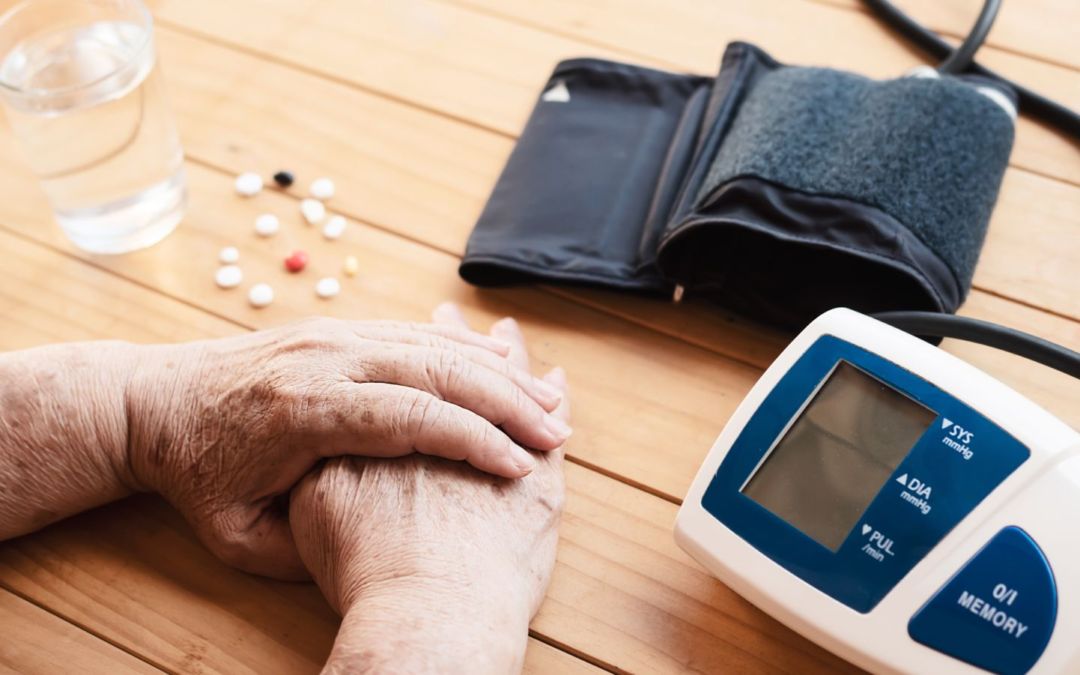Sheppard JP, Burt J, Lown M, Temple E, Lowe R, Fraser R, Allen J, Ford GA, Heneghan C, Hobbs FDR, Jowett S, Kodabuckus S, Little P, Mant J, Mollison J, Payne RA, Williams M, Yu LM, McManus RJ; OPTIMISE Investigators. Effect of Antihypertensive Medication Reduction vs Usual Care on Short-term Blood Pressure Control in Patients With Hypertension Aged 80 Years and Older: The OPTIMISE Randomized Clinical Trial. JAMA. 2020 May 26;323(20):2039-2051. doi: 10.1001/jama.2020.4871. PMID: 32453368; PMCID: PMC7251449.
At a glance
The present study demonstrates how deprescribing one medication in elderly patients on antihypertensive polytherapy does not hinder the maintenance of adequate blood pressure, to an extent similar to that observed in the control group.
Following a systematic deprescribing strategy could reduce the risk of side effects related to antihypertensive therapy, as well as reduce economic costs.
What is already known
Of all the cardiovascular risk factors in the elderly population, arterial hypertension is the most common and most simply modifiable through pharmacological treatment, which has been shown to reduce the incidence of cerebral and cardiovascular events in patients at greater risk. To maintain an adequate systolic blood pressure, considered in this study as systolic blood pressure <150 mmHg for a population aged > 80 (in accordance with the National Institute for Health and Care Excellence), it is often necessary to use combination therapies that include several active ingredients. Evidence derived from observational studies suggests that obtaining excessively low blood pressure values and using combination antihypertensive therapy may be harmful in elderly, pluripathological and polymedicated patients.
Study characteristics
This study evaluated the impact of deprescribing antihypertensive medication on systolic blood pressure at 12-week follow-up. The sample included a population of patients over 80 years old, with systolic blood pressure values below 150 mmHg, who were on therapy with at least 2 antihypertensive drugs. Study participants were randomized with a 1:1 ratio. A strategy of deprescribing one medication was applied to half of the sample; the other half continued at-home treatment. The primary outcome was maintenance of systolic blood pressure <150 mmHg at 12-week follow-up. Secondary outcome measures included: proportion of patients who maintained medication reduction, change in mean systolic blood pressure between the two groups at follow-up, number of reported adverse effects, and quality of life.
Results achieved
Some interesting results emerged from this study. Among patients assigned to the deprescribing group, 86.4% (229 patients) maintained systolic blood pressure values <150 mmHg after 12 weeks of follow up, despite having discontinued one antihypertensive drug. Of the patients included in the at-home treatment group, 87.7% (236 patients) achieved the same result. With regards to secondary outcomes, no statistically significant differences were found between the two groups as far as adverse effects and patient quality of life. Mean arterial pressure values at 12 weeks were higher in the group assigned to deprescribing (133.7 mmHg) than in the control group (130.8 mmHg). This data shows how a deprescribing strategy can allow for the maintenance of adequate blood pressure in a selected population of patients, despite an increase in mean pressure values, which in any case remained within the study’s limits.
What are the prospects
This study shows that deprescribing is often safe and feasible, allowing for good systolic blood pressure control, a lower risk of adverse side effects, and a lower healthcare cost.
From this point of view, it would certainly be useful to extend follow-up in order to evaluate the long-term implications of this therapeutic choice.




